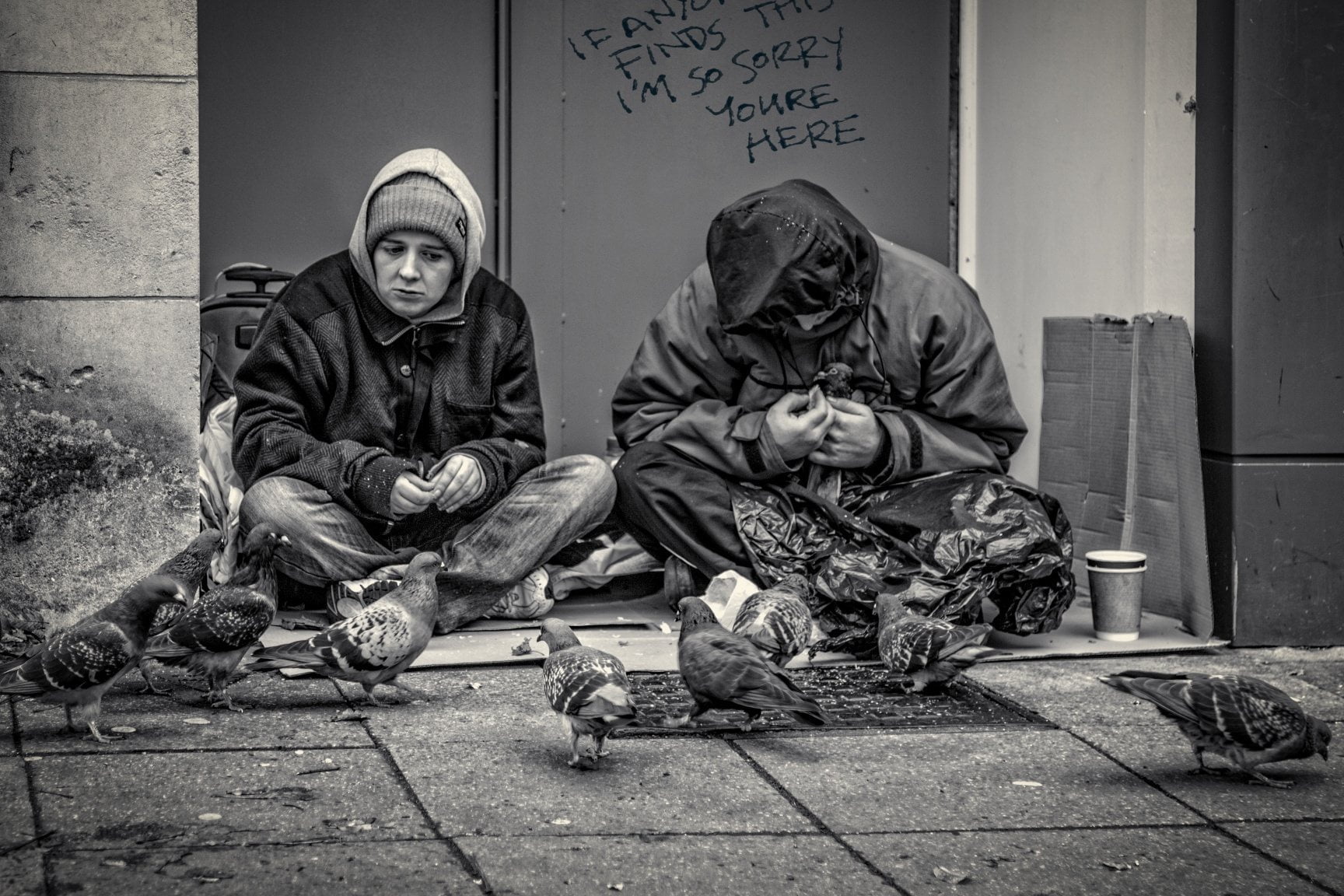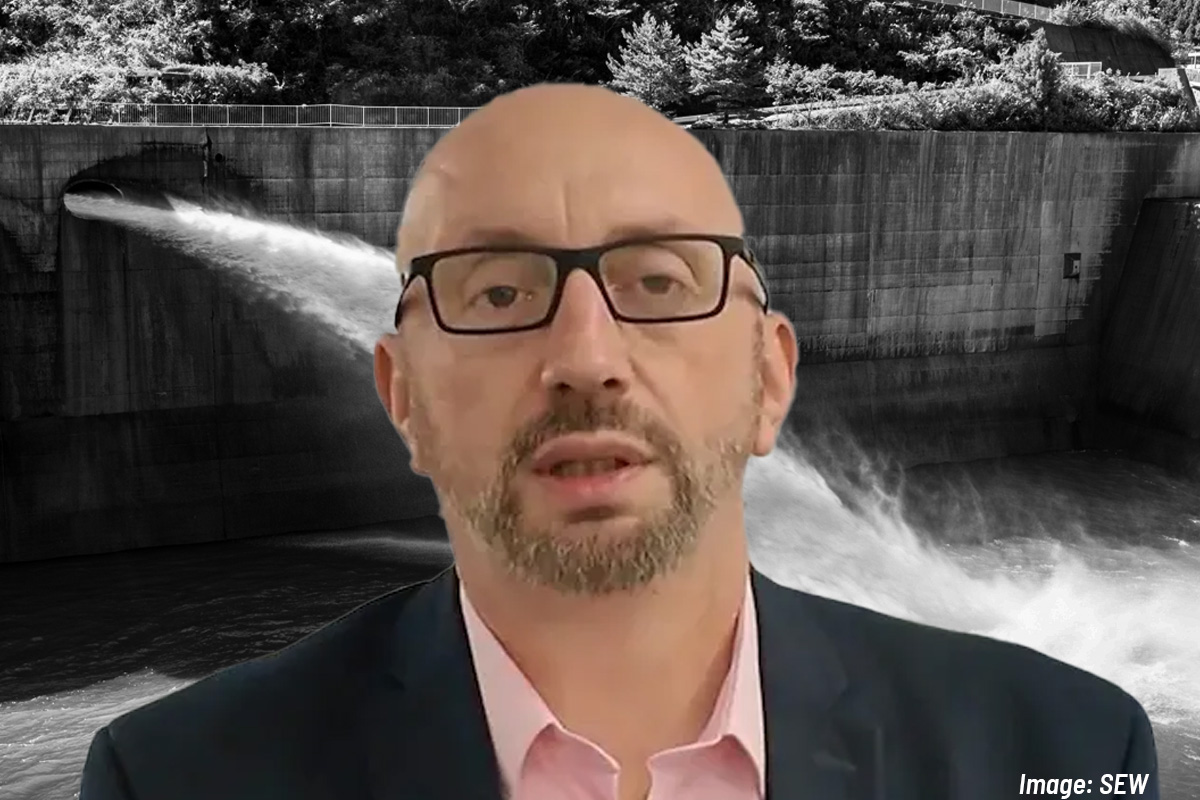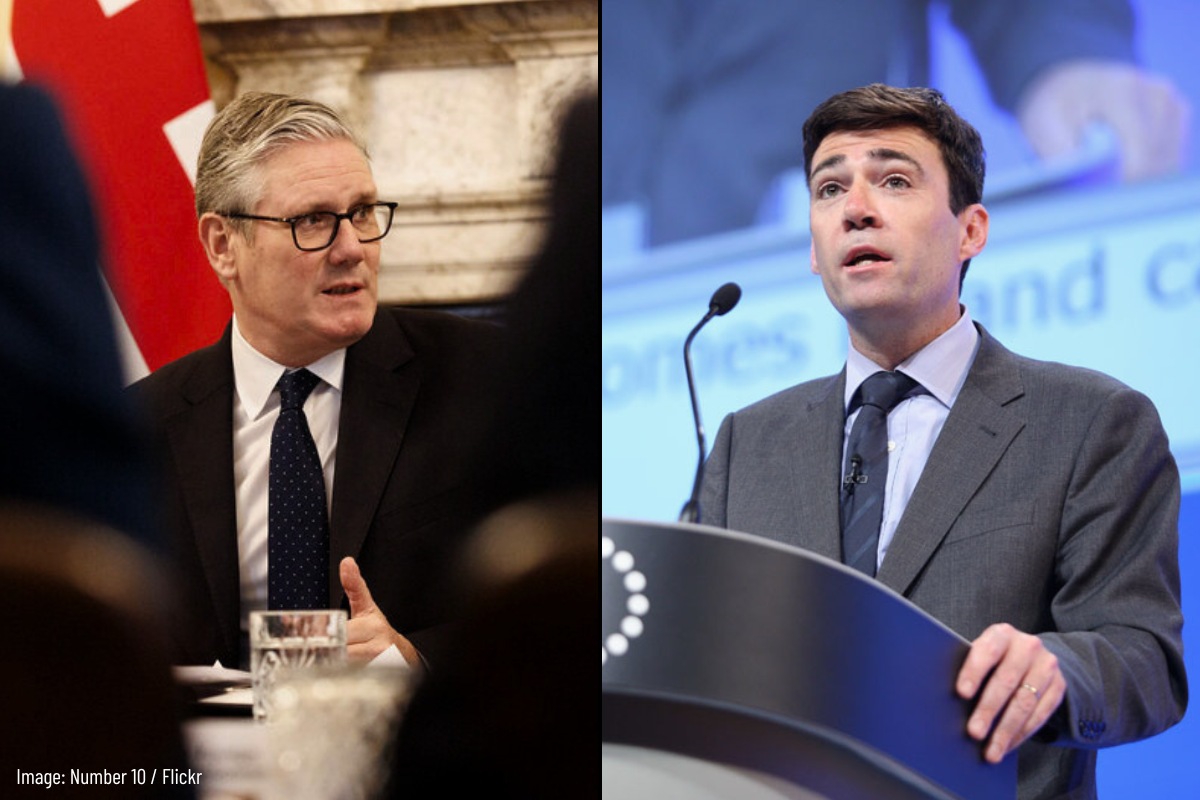The pandemic has starkly exposed the appalling numbers in Britain who are forced to sleep rough every night. To end homelessness and tackle the virus, the labour movement must fight for bold socialist policies.
Last month, the National Audit Office found that the number of rough sleepers requiring emergency help during the pandemic was eight times greater than estimates provided by the ‘Everyone In’ scheme.
Official figures previously estimated that there were 4,266 rough sleepers in England. But according to auditors, 33,139 people had actually participated in the scheme between March and November last year.
This updated figure shows that – after more than a decade of savage austerity and attacks on working-class communities – the UK’s social safety net, won through class struggle, is now full of holes. The true scale of poverty, previously hidden beneath the surface, is now being revealed by the COVID-19 pandemic.
‘Everyone In’ scheme
The Tory government launched the ‘Everyone In’ scheme at the start of the first lockdown in March last year. The scheme aimed to move rough sleepers, as well as those living in hostels and shelters, into self-contained accommodation to prevent the spread of the virus.
The scheme was welcomed by local councils and homelessness charities as they struggled to tackle the homelessness crisis. One study suggested that it may have avoided more than 20,000 infections and 266 deaths overall.
Yet in spite of the relative success of the scheme (a rarity for the Johnson government), it has not been renewed ahead of the winter lockdown, literally leaving many ‘out in the cold’.
There will be no repeat of the “Everyone in” scheme that brought homeless people into sheltered accommodation during the first wave.
There will be over 15,000 sleeping on the streets, exposed to the virus at the height of winter.
Tory Britain hates the most vulnerable.
— Howard Beckett (@BeckettUnite) November 2, 2020
Picturesque scenes of snow settling across Britain might adorn the news. But thousands are again being left on the streets, extremely vulnerable to the virus.
Rough sleepers are almost 17 times more likely to have been victims of violence, as well as being over nine times more likely than the general population to take their own life.
Pressures mount
Those reliant on welfare in Britain receive an average of 17 percent of their pre-unemployment income. This is the lowest figure in all of Europe. And the number of people on Universal Credit has more than doubled in a year.
At the same time, bans on evictions could soon be coming to an end, alongside a winding down of the furlough scheme. Many more will therefore be at risk of unemployment and homelessness.
The UK’s ban on commercial property eviction has been extended to March 2021, the government has confirmed. It also said that this will be the final extension of the initiative, which was originally supposed to end in September.
Read further: https://t.co/lnGACMCReX pic.twitter.com/n4gu3wgK3d
— International Association of Bookkeepers (@IABinfo) January 12, 2021
In addition, millions of working-class households are not only having to deal with reduced incomes, but also with increased costs of living. Many families are dealing with the extra expenses from having children at home and homeschooling. And food has become more expensive as shops have reduced their ranges and ended promotions, amid the knock-on effects of Brexit.
Tory cruelty
 Tory MP Robert Jenrick has said that councils would be given £10 million to “redouble their efforts” to accommodate rough sleepers. And the ban on evictions has been extended until the end of March.
Tory MP Robert Jenrick has said that councils would be given £10 million to “redouble their efforts” to accommodate rough sleepers. And the ban on evictions has been extended until the end of March.
But this will provide little comfort to the half-a-million private renters who are behind with their rent, and those who have been made unemployed. Unable to work and unable to cover the cost of rent, thousands more could be forced out onto the streets.
Charities and housing activists have been calling on the Tories to reboot the scheme, in order to ensure a new influx of rough sleepers have suitable shelter. For the last five years, homelessness has been rising in England, reaching a peak just before the pandemic.
In fact, the ‘hidden homeless’ – those who do not approach the local authorities for help with housing – are not counted in official statistics, so the real numbers could be even higher.
These rough sleepers stay in hostels, squats, and B&Bs; or in overcrowded accommodation or ‘concealed’ housing, such as on the floors or sofas of friends and family.
In the words of Friedrich Engels: “Poverty often dwells in hidden alleys close to the palaces of the rich.”
For a socialist housing policy
Capitalism cannot provide a long-term solution on the key questions of housing and health.
Society was already facing a crisis of homelessness, even before the worst effects of the pandemic took hold. If capitalism cannot afford to house everybody, because it is not profitable to do so, then we cannot afford capitalism.
To fight both homelessness and the pandemic, the labour movement must demand:
- A permanent ban on evictions.
- Scrapping of all COVID-related housing debts.
- Requisitioning of rooms at hotels and hostels for those sleeping on the streets, and for those required to self-isolate or quarantine.
- Expropriating empty properties used for speculation by investors.
- Bringing the properties and assets of the big landlords and management firms under public ownership and democratic control.
- Nationalising the major construction companies and banks, in order to carry out a mass programme of social housing construction.
Only on this basis can we eradicate homelessness and tackle the coronavirus crisis.






